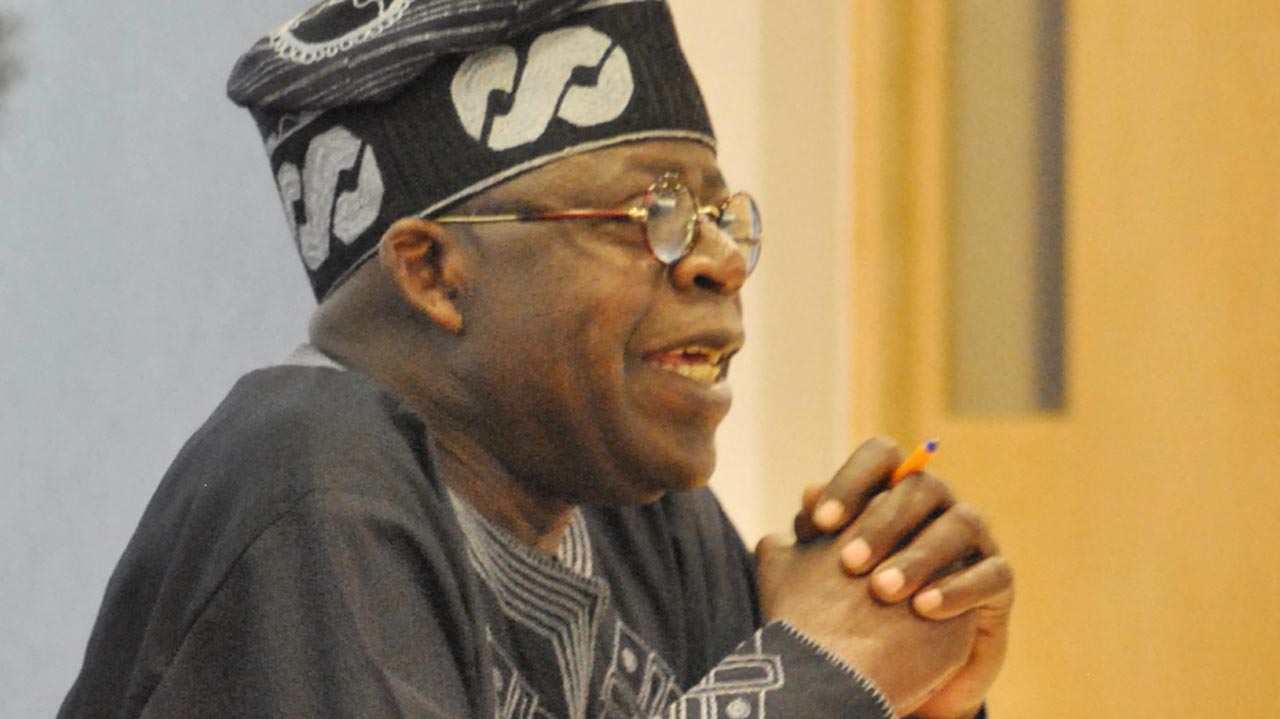The EndBadGovernance protest, which swept across Nigeria for 10 consecutive days, concluded last Saturday with mixed reactions from activists, lawyers, and the public. The nationwide demonstration aimed to draw attention to the growing hardship in the country and push for significant reforms from the Federal Government.
Prominent activist Omoyele Sowore, one of the protest organizers, highlighted key demands, including the scrapping of the 1999 constitution, reinstating fuel subsidies, reducing lawmakers’ earnings, releasing Nnamdi Kanu, and addressing insecurity across the country. Sowore also called for a complete restructuring of Nigeria, the reconstitution of the electoral body, and major reforms in the judiciary to eliminate corruption.
Despite the protest’s wide reach, it was marred by violence as hoodlums hijacked the demonstrations in some areas, leading to the loss of lives and destruction of property. President Bola Tinubu, in a nationwide address, urged protesters to cease further demonstrations and open channels for dialogue with his administration.
However, reactions to the protest’s impact were varied. Constitutional lawyer Deji Adeyanju hailed the protest as a success for drawing government attention to critical issues but criticized President Tinubu’s sincerity in addressing the protesters’ demands, citing the arrest of over 1,300 participants during the demonstrations.
Meanwhile, activist lawyer Madubuachi Idam praised the protest for exposing the Nigerian government’s failures to the international community, while PDP chieftain Austin Okai expressed skepticism, arguing that the protest yielded no tangible results as none of the demands were met by the government.
As Nigerians continue to grapple with economic challenges, the EndBadGovernance protest has ignited discussions about the effectiveness of such movements and the need for continued advocacy for meaningful change.





